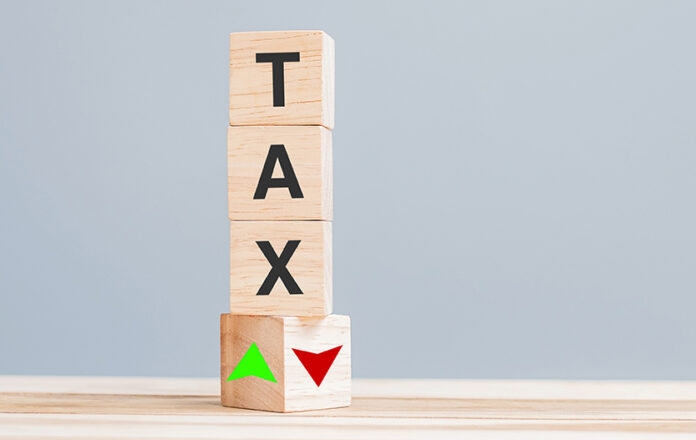In the leadup to the 2023 budget, the halls of Q-block were buzzing as employees of the finance ministry did their best to try and outdo each other. Their task was very simple: finding ways to collect as much tax as possible. Among the many ideas floating around, one that snuck past everyone and made it into the budget was the idea of taxing bonus shares.
Either no one realised the chaos this would unleash on the stock market, or no one cared.
Nothing illustrates this better than the recent dividend declaration made by Mari Petroleum along with their annual financial statements. In fact, what has happened to Mari shows the idea to impose this tax on bonus shares is poorly implemented at best and ill conceived at its worst. The law ensures investors and companies are saddled with excessive burden, and we now have a solid example of investors facing losses because of this plan.
So what exactly happened over at Mari? To start off, we need to understand how bonus shares work. The content in this publication is expensive to produce. But unlike other journalistic outfits, business publications have to cover the very organizations that directly give them advertisements. Hence, this large source of revenue, which is the lifeblood of other media houses, is severely compromised on account of Profit’s no-compromise policy when it comes to our reporting. No wonder, Profit has lost multiple ad deals, worth tens of millions of rupees, due to stories that held big businesses to account. Hence, for our work to continue unfettered, it must be supported by discerning readers who know the value of quality business journalism, not just for the economy but for the society as a whole.To read the full article, subscribe and support independent business journalism in Pakistan









